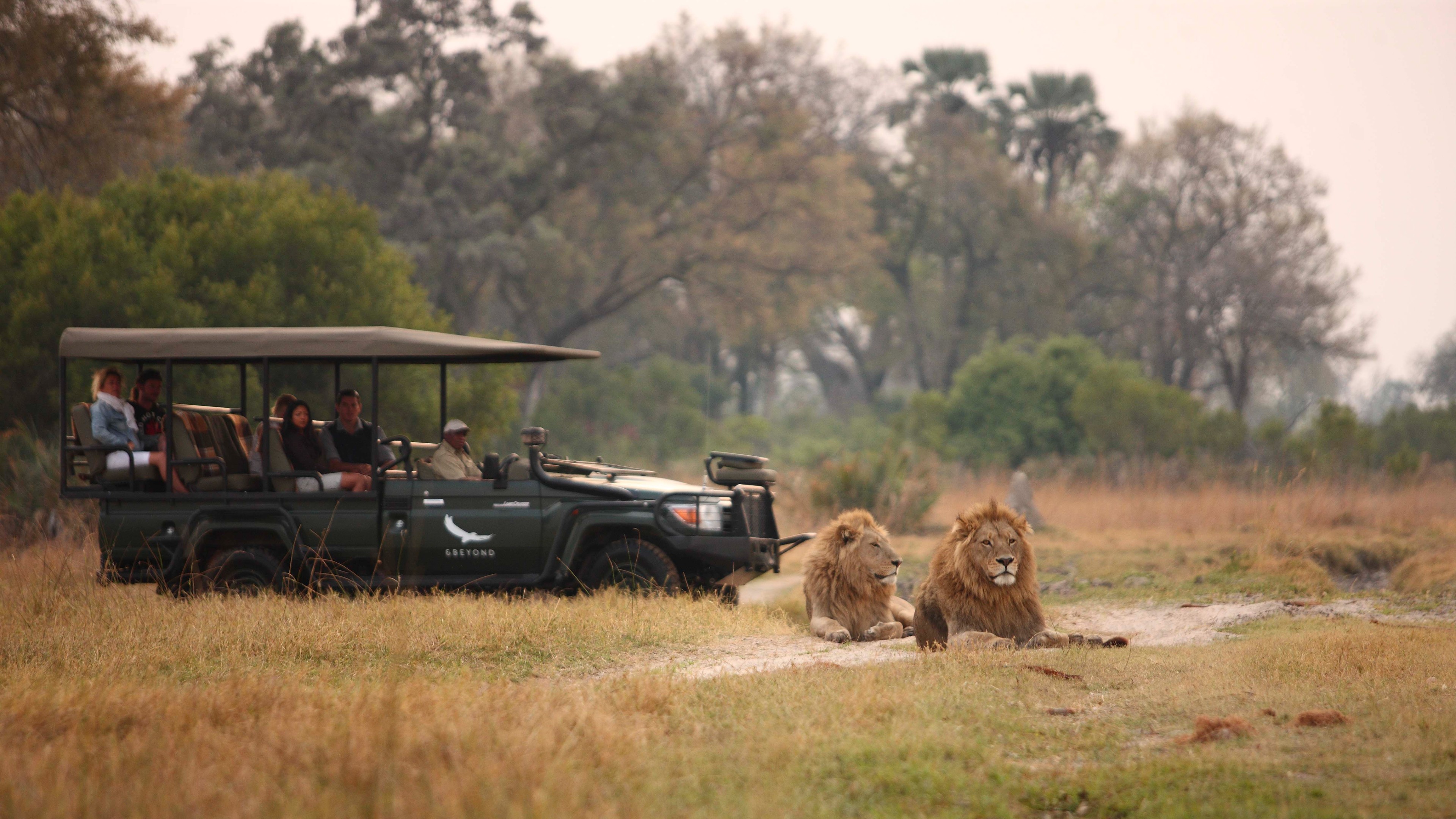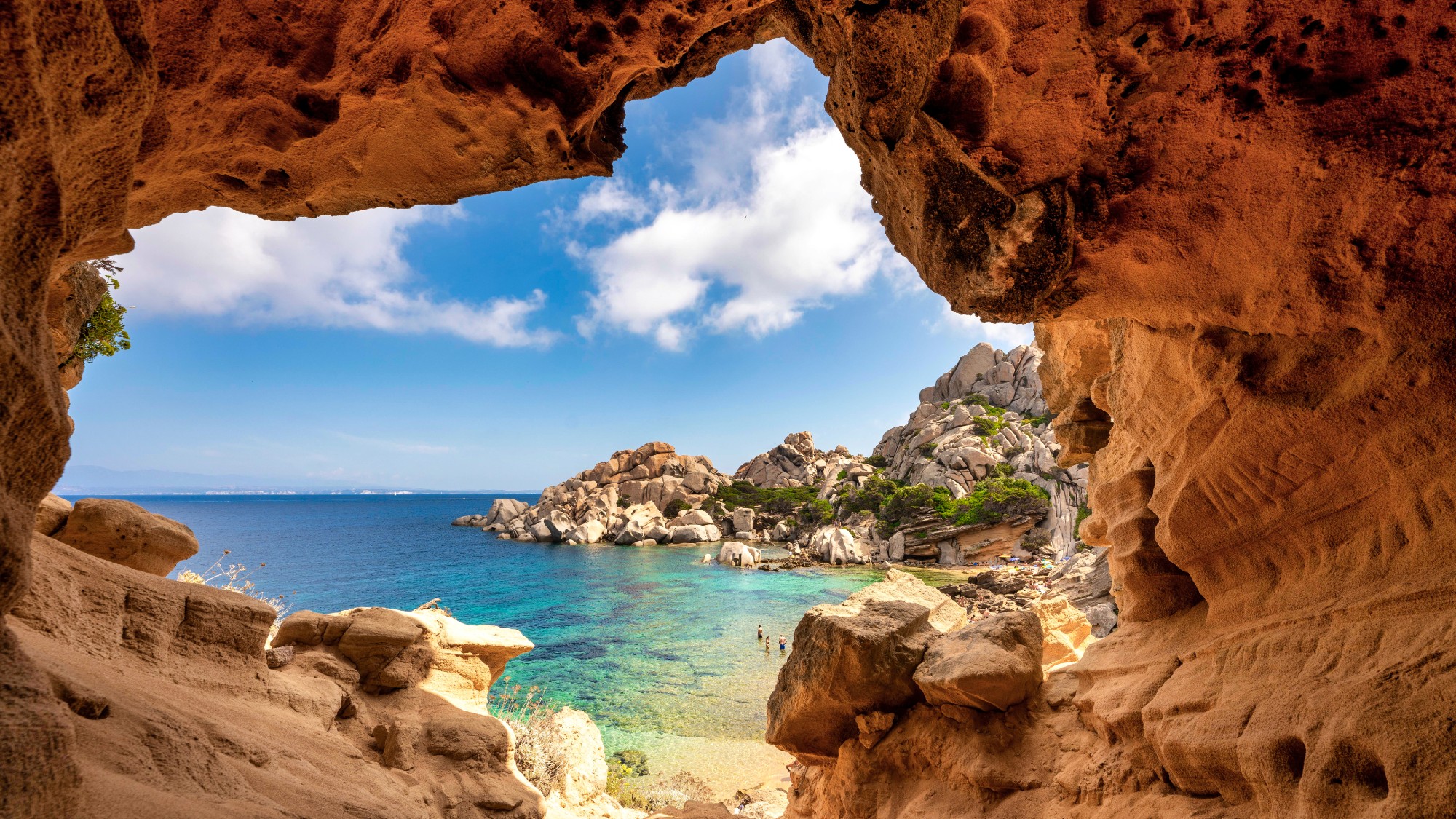Is it dangerous to travel to Mexico?
What prompts people to travel to areas advised against by the United States?


A free daily email with the biggest news stories of the day – and the best features from TheWeek.com
You are now subscribed
Your newsletter sign-up was successful
The recent kidnapping and killings of Americans in Mexico have raised questions about the safety of travel to the country. While officials have reiterated that most parts of Mexico can be accessed safely, why have people been going to areas cautioned against by the United States?
Is traveling to Mexico safe?
It depends on where you're going. The U.S. State Department issues different levels of travel advisories for international territories, and of the 32 states in Mexico, a majority — 19 of them — are under an "Exercise Normal Precaution" or "Exercise Increased Caution" advisory level. These advisories have mostly been issued due to petty crimes and a low risk of kidnapping.
However, seven states are under a "Reconsider Travel" advisory due to a higher risk of crime, and the remaining six — including Tamaulipas, where the recent American kidnappings occurred — are classified by the State Department as "Do Not Travel." The highest warning level, this classification is issued when there is a "greater likelihood of life-threatening risks," the State Department says, adding that it "advises that U.S. citizens not travel to the country or to leave as soon as it is safe to do so."
The Week
Escape your echo chamber. Get the facts behind the news, plus analysis from multiple perspectives.

Sign up for The Week's Free Newsletters
From our morning news briefing to a weekly Good News Newsletter, get the best of The Week delivered directly to your inbox.
From our morning news briefing to a weekly Good News Newsletter, get the best of The Week delivered directly to your inbox.
Outside of these areas, the sentiment seems to be that traveling to Mexico is safe in high-traffic locales. The recent kidnappings in Tamaulipas "happened far from some of the most sought-after tourist destinations in Mexico," Zachary Rabinor, the founder and CEO of travel company Journey Mexico, told CNN. The State Department's "Do Not Travel" advisory in that state has long been in place.
"To put things in perspective, Matamoros is about 1,360 miles away from Cancún; that's about the equivalent distance from the Texas side of the border to Chicago, Illinois," Rabinor says. Other countries have "Exercise Increased Caution" warnings, including France, which is considered overall a very safe place.
Why does the U.S. caution against travel to some Mexican states?
"Violent crime — such as homicide, kidnapping, carjacking, and robbery — is widespread and common" in the areas under travel advisories, the State Department writes. In many areas of Mexico, the U.S. government may not be able to "provide emergency services" to Americans. Even travel by U.S. government employees is heavily restricted in these areas.
Violence between warring Mexican drug cartels is fueling much of the problem. "There has been a lot of cartel activity in Mexico, some of it coming on the heels of the arrest of Ovidio Guzmán, a leader of the Sinaloa drug cartel and son of imprisoned drug lord Joaquín 'El Chapo' Guzmán," NewsNation reports, with Mike Ballard, head of security solutions company Global Guardian, telling the outlet: "There have been entire local, and even state-level police departments completely disbanded because of their corruption ties to local criminal organizations."
A free daily email with the biggest news stories of the day – and the best features from TheWeek.com
Why do some people choose to ignore the warnings?
Many people, especially college students, go to Mexico for Spring Break. KFMB-TV San Diego reports that one of the states on the "Do Not Travel" advisory list is "Guerrero, which includes the resort city of Acapulco." Other resort areas, especially along the border states, are also under similar advisories.
Another reason people travel to Mexico — and the reported reason the kidnapped Americans went — is to get plastic surgery, dental work, cosmetic procedures, and orthopedic work. This type of international travel, commonly called medical tourism, is "part of a booming industry that is vital to Mexico's economy," NPR reports.
While medical tourism is popular in countries across the world, but "Mexico is the top destination for the U.S.-outbound medical and dental travel markets," HealthCare.com reports. Medical Departures, which helps Americans plan medical tourism trips, sends more than 100,000 people to Mexico for procedures each year.
What should you do if you want to go to Mexico?
Two of Mexico's most popular tourist destinations, Playa del Carmen and Cancún, are in an "Exercise Increased Caution" state. However, for those who still want to take the risk and travel, there are some tips on how to stay safe.
The most important thing is to research the place you're visiting, Pierre de Hail, president of risk management company Janus Group Mexico, tells The New York Times. Tourists should also buy travel insurance "in case of a medical emergency or theft," and "keep a low profile to avoid attracting attention," de Hail says. In general, though, use common sense: Avoid wearing expensive jewelry and wandering at night.
For the most part, "it is relatively safe for travelers to head to tourist destinations and major urban centers such as Mexico City, Guadalajara, and Monterrey," Jaime Lopez-Aranda, a manager at travel risk management firm International SOS, tells CNN, though caution should always be exercised.
Justin Klawans has worked as a staff writer at The Week since 2022. He began his career covering local news before joining Newsweek as a breaking news reporter, where he wrote about politics, national and global affairs, business, crime, sports, film, television and other news. Justin has also freelanced for outlets including Collider and United Press International.
-
 Democrats push for ICE accountability
Democrats push for ICE accountabilityFeature U.S. citizens shot and violently detained by immigration agents testify at Capitol Hill hearing
-
 The price of sporting glory
The price of sporting gloryFeature The Milan-Cortina Winter Olympics kicked off this week. Will Italy regret playing host?
-
 Fulton County: A dress rehearsal for election theft?
Fulton County: A dress rehearsal for election theft?Feature Director of National Intelligence Tulsi Gabbard is Trump's de facto ‘voter fraud’ czar
-
 7 hotels known for impeccable service
7 hotels known for impeccable serviceThe Week Recommends Your wish is their command
-
 11 hotels opening in 2026 that will move you to reconnect with nature
11 hotels opening in 2026 that will move you to reconnect with natureThe Week Recommends Find peace on the beaches of Mexico and on a remote Estonian island
-
 8 incredible destinations to visit in 2026
8 incredible destinations to visit in 2026The Week Recommends Now is the time to explore Botswana, Mongolia and Sardinia
-
 6 optimal digital nomad destinations: Pack your laptop, your visa and a sense of adventure
6 optimal digital nomad destinations: Pack your laptop, your visa and a sense of adventureThe Week Recommends See the world — but do it in a conscientious manner
-
 Love chocolate? Travel to these destinations to get your sweet fix
Love chocolate? Travel to these destinations to get your sweet fixThe Week Recommends Treat yourself with chocolate experiences, both internal and external
-
 See the bright lights from these 7 big-city hotels
See the bright lights from these 7 big-city hotelsThe Week Recommends Immerse yourself in culture, history and nightlife
-
 7 nightlife destinations that are positively electric
7 nightlife destinations that are positively electricThe Week Recommends Accra, Seoul, Berlin: These are a few of the cities that come alive after dark
-
 Sleep like you are in a gallery at these art-filled hotels
Sleep like you are in a gallery at these art-filled hotelsThe Week Recommends Prepare to be inspired
